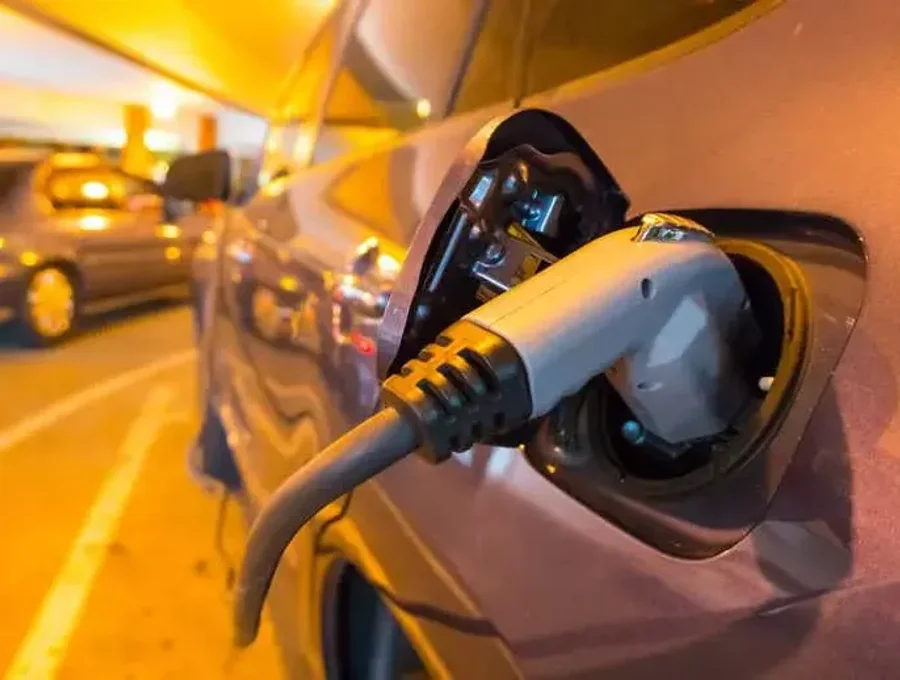A Global Witness study of violence and protest data from 19 countries shows incidents linked to copper, lithium, nickel and cobalt mining have increased
A surge in demand for metals used in electric vehicle (EV) batteries and renewable energy infrastructure has led to increased mining activity and associated conflicts in resource-rich nations.
Global Witness is a non-governmental organisation that investigates economic networks behind conflict and corruption. Its analysis draws on data from the Armed Conflict Location & Event Data Project (ACLED), which tracks political violence and protest incidents worldwide.
The report identifies 334 incidents of violence or protest linked to mining operations for copper, cobalt, lithium and nickel between 2021 and 2023. This represents an average of 111 events per year across the studied regions.
Global production forecasts from S&P Global, a financial information provider, indicate substantial increases in mining output by 2028. Copper extraction will rise by 25%, cobalt by 108%, lithium by 321% and nickel by 76%.

Indonesian nickel miners face mounting community resistance
In Indonesia, ACLED recorded 62 events linked to nickel production. The Mining Advocacy Network (JATAM), an organisation supporting communities affected by mining operations, reports increasing tensions between mining companies and local populations.
The report reveals that Indonesian communities face displacement and environmental degradation. Water contamination from mining operations affects drinking supplies and agricultural land.
JATAM representatives say new legislation favours mining companies over community interests. The Job Creation Law and modifications to the Mineral and Coal Law have expanded government authority to issue mining permits.

DRC cobalt extraction sparks violence in mining regions
The Democratic Republic of Congo (DRC) registered 13 incidents related to cobalt mining. The African Resources Watch (AFREWATCH), which monitors natural resource exploitation, documents conflicts between industrial miners and artisanal workers.
The report details how communities near mines in Lualaba province experience health issues from contaminated water and air pollution. Residents report skin conditions, respiratory problems and reproductive health complications.
Mining firm control more output from advanced economies
Analysis of S&P Global ownership data shows companies from advanced economies and China control 71% of copper, 81% of cobalt and 80% of lithium production globally.
The report indicates that profits concentrate in wealthy nations while environmental and social impacts affect communities in developing regions. Nearly 90% of recorded protests occurred in countries classified as emerging or developing by the International Monetary Fund.
“The climate crisis requires significant mineral extraction for renewable technologies,” says Emmanuel Umpula, Executive Director of AFREWATCH. “However, the transition to clean energy must not perpetuate existing inequalities between mineral-producing and consuming nations.”



